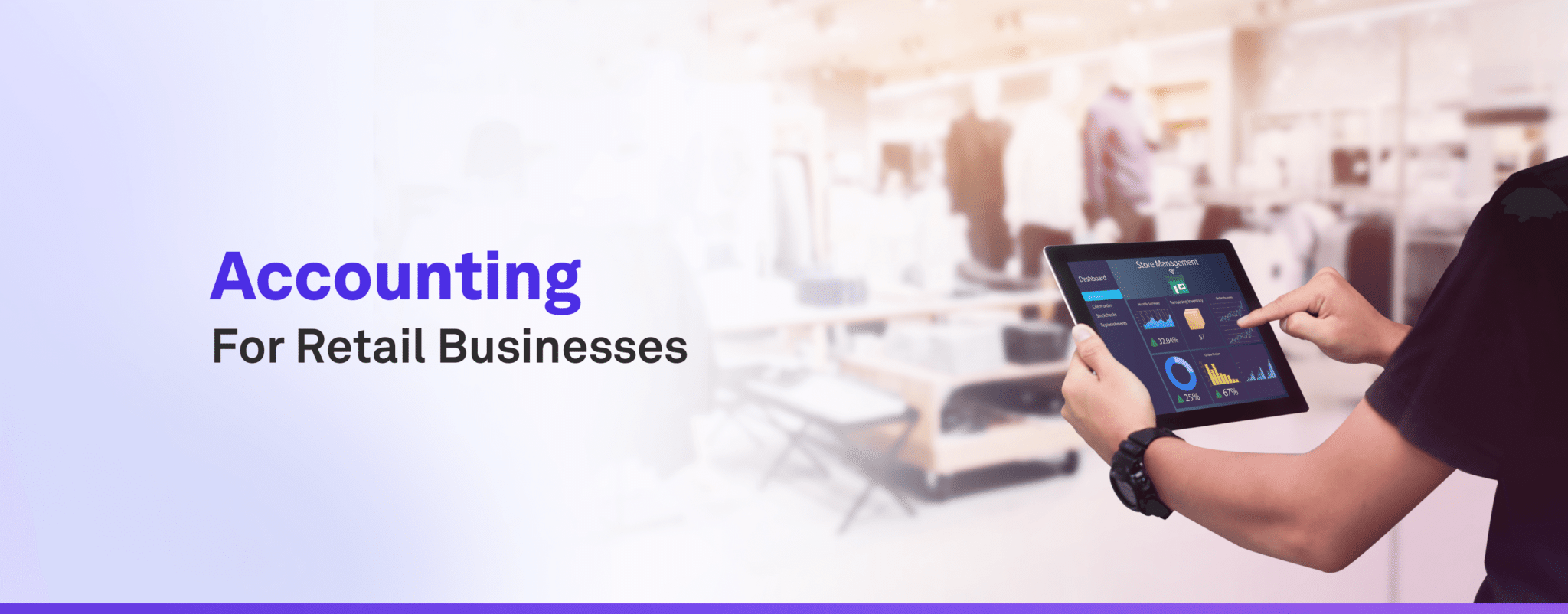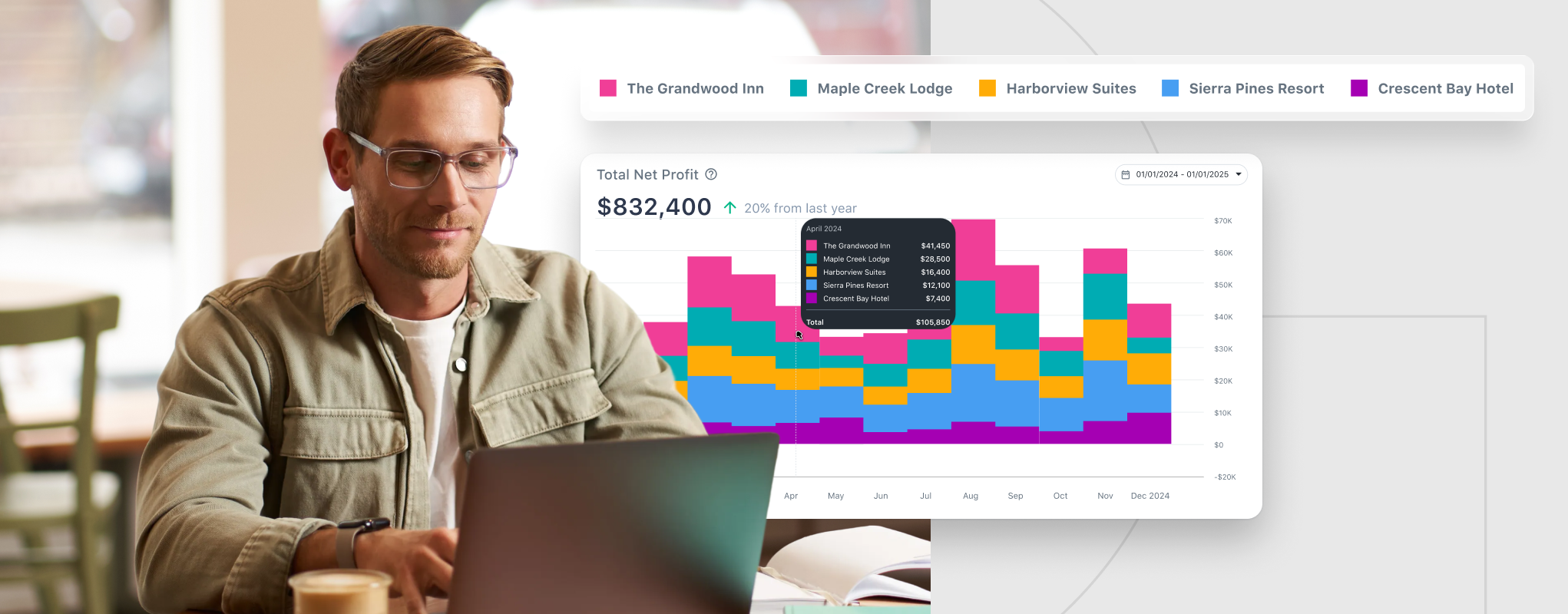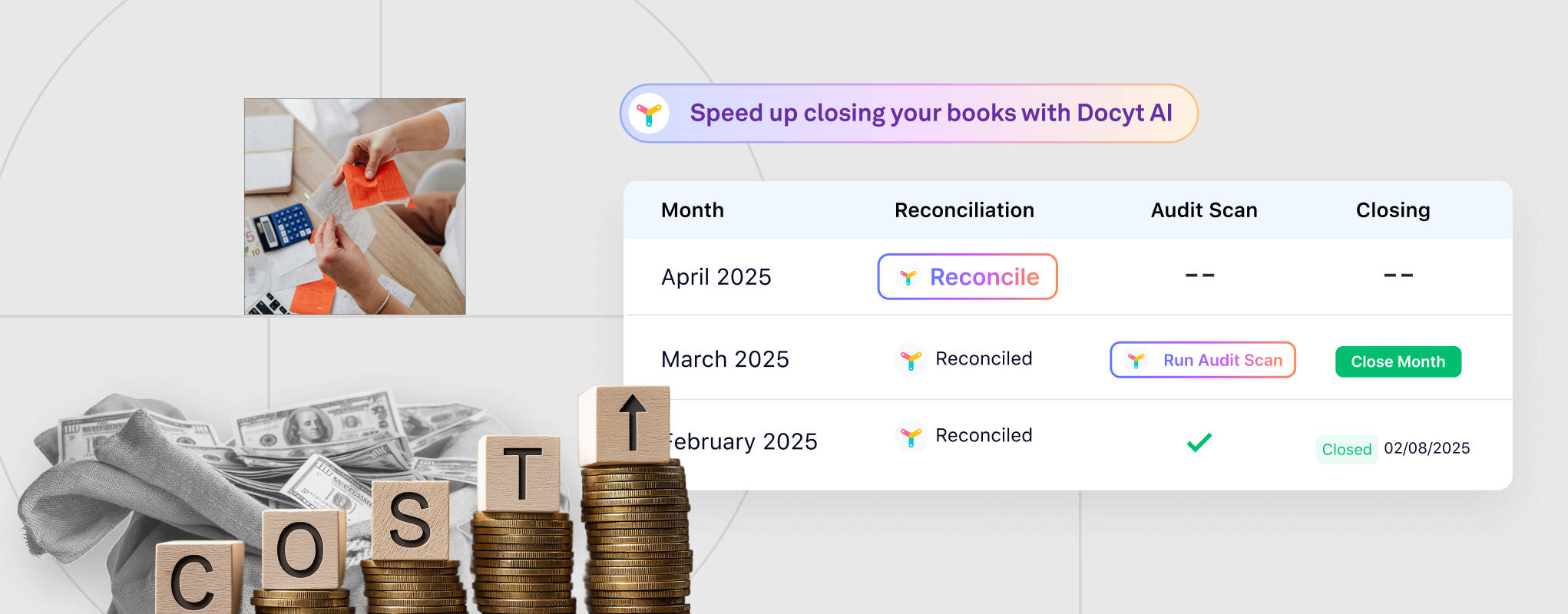In the fast-paced world of retail, keeping up with accounting tasks can be a daunting challenge. Small business owners, retail managers, and franchise owners often find themselves juggling multiple responsibilities, leaving little time for complex financial calculations and data analysis. Fortunately, automation has emerged as a game-changer, revolutionizing the way retail businesses handle their accounting processes. By providing real-time data, tracking non-financial business metrics, and optimizing inventory management, the right accounting automation software will help you to overcome accounting challenges and enhance overall business performance.
Tracking Essential Business Metrics
Before diving into the benefits of accounting automation, it’s crucial to identify the two important metrics every retail business should track: cost of goods sold (COGS) and key performance indicators (KPIs) such as foot traffic and revenue per customer. COGS allows you to assess your profitability by monitoring the costs associated with buying and selling your products. On the other hand, retail KPIs provide valuable insights into your business’s performance and customer behavior, enabling you to make informed decisions that directly affect your bottom line.
Real-Time Tracking of Financial & Non-Financial Data
One of the most significant accounting challenges in retail is accurately tracking inventory levels in real-time. To get reliable month-over-month numbers, many small businesses resort to expensive inventory management software or labor-intensive manual processes – like eyeballing the inventory and recording ballpark figures in the books. These methods often lead to inaccuracies and bloated labor costs.
By integrating your point-of-sale (POS) system with automated accounting software like Docyt, you can automatically pull real-time financial information, like [total sales revenue, total number of items sold], and non-financial data to generate useful inventory data instead of manually keeping count.
Properly Pricing SKUs and Maximizing Profit Margins
Setting the right prices for your products can significantly impact your bottom line. Automation simplifies the process by providing accurate cost estimates for individual SKUs. For example, a fast-food restaurant operator knows the basic gross profit for each menu item sold by calculating the cost of ingredients and subtracting it from the retail price. But how do you know your retail price is where it should be? To maximize profit potential, the retail price should not only account for the cost of goods sold, associated overhead, and other quick-service restaurant KPIs but include non-financial metrics like the item’s popularity. By leveraging automation, you can easily identify top-selling items and adjust pricing accordingly. This agile approach helps you stay ahead of the competition and make informed decisions based on real-time data.
Harnessing the Power of Business KPIs
Embracing Automation in Retail Accounting
In today’s competitive retail landscape, automation has become a game-changer for overcoming accounting challenges. By leveraging automated accounting solutions like Docyt, retail managers, small business owners, and franchise owners can streamline inventory management, track key business metrics, and make data-driven decisions with ease. Embracing automation empowers retail businesses to optimize their operations, boost profitability, and stay ahead in an ever-evolving market.
If you’d like to learn more about automation in accounting for your business, contact Docyt today!




